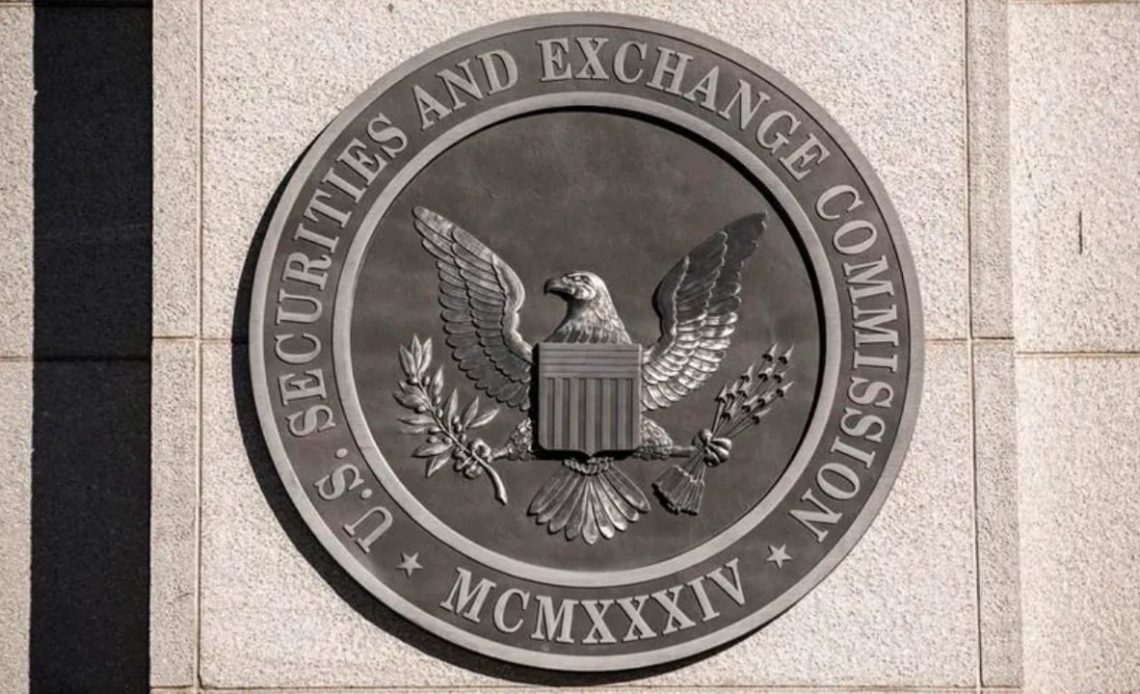
The SEC sat down with JPMorgan to explore bold crypto regulations that promise to overhaul capital markets, streamline clearing, and reshape the future of global finance.
Crypto Regulation Frameworks in Focus as SEC and JPMorgan Hold Talks
The U.S. Securities and Exchange Commission (SEC) has published a memorandum of the Crypto Task Force meeting log revealing that on June 17, the Crypto Task Force Staff met with representatives from JPMorgan Chase & Co. The meeting focused on examining potential regulatory frameworks for crypto assets and assessing how traditional financial markets could evolve as blockchain technology advances. The SEC memorandum outlined the key subject of the meeting:
The topic discussed was approaches to addressing issues related to regulation of crypto assets.
JPMorgan’s delegation included Scott Lucas, managing director and head of markets digital assets; Justin Cohen, managing director and global head of EDG & SI product development; and Aaron Iovine, executive director and global head of digital assets regulatory policy. They delivered a detailed overview of the bank’s growing digital asset business, describing activities such as repo transactions facilitated through JPMorgan’s proprietary digital financing platforms and services in the digital debt markets. The discussion also addressed the firm’s evolving competitive position as blockchain-based solutions gain momentum, noting that increasing adoption could reshape client relationships, alter traditional revenue streams, and drive market structure changes across financial services.
A major segment of the meeting examined how capital markets activity could shift toward public blockchain infrastructure. The SEC memorandum highlighted this focus:
Area of analysis reviewing the potential impact of existing capital markets activity migrating to public blockchain. Specifically what areas of the existing model might change, and how firms could assess the risk and benefits of those changes.
JPMorgan representatives explored how functions such as clearing, settlement, collateral management, and counterparty exposure could be reengineered through decentralized platforms, potentially lowering costs, enhancing transparency, and changing systemic risk profiles. They also outlined potential frameworks for firms to evaluate both strategic opportunities and emerging regulatory, operational, and technological risks. Both sides agreed to continue discussions, recognizing the importance of proactive engagement as the regulatory environment evolves alongside rapid innovation in digital assets.
Over the past few months, the SEC’s newly formed Crypto Task Force—led by Commissioner Hester Peirce—has ramped up engagement with the crypto industry by hosting a five-part roundtable series that concluded on June 9. These sessions covered tokenization, trading, custody, DeFi, and the evolving interplay between traditional finance and blockchain. The Task Force also met with major players like Fidelity, Blackrock, Nasdaq, and others to discuss crypto frameworks. This marks a clear break from prior “enforcement-first” approaches, signaling the SEC’s intent to craft structured rules through formal notice-and-comment processes, aiming for clarity, investor protection, and industry innovation.
Source: Bitcoin



